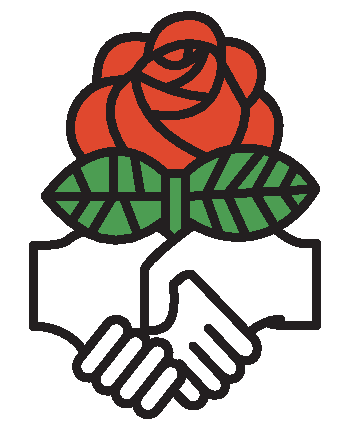Women’s Rights as Human Rights
United Nations, Geneva, 20-21 November 1998
Statement
December 10 1998 marks the 50th anniversary of the Universal Declaration of Human Rights adopted by the member states of the United Nations. The Declaration confirms in its 30 articles on civil, political, economic, social and cultural rights the universality of human rights.
In 1993 the Vienna Declaration and Programme of Action adopted at the UN World Conference on Human Rights and in 1995 the Beijing Declaration and Programme of Action adopted at the Fourth UN World Conference on Women built upon the principles in the Universal Declaration and reaffirmed that enjoyment by women of their human rights is a priority for governments and the United Nations.
Considerable progress has been made, but human rights continue to be ignored in many countries. The Convention on the Elimination of all Forms of Discrimination against Women (CEDAW) is a fundamental human rights instrument that deals with gender issues and women’s rights in both the public and private spheres.
The Convention’s protocol is a tool for integrating women’s human rights and for strengthening the implementation of the rights formulated in CEDAW.
However the existing reporting system needs to be moreexplicit and therefore the UN Commission on the Status of Women has been attempting to formulate an optional protocol to the Convention that will allow women to seek redress for violations of their human rights, including gender-based violence. This is a measure which SIW fully supports.
The following policy measures are examples of actions which assist the achievement of equality between women and men:
- The definition by governments of national gender equality objectives and indicators to assess the impact of their policies.
- The establishment of independent human rights institutions having a mandate to monitor the situation with regard to women’s enjoyment of human rights including social and economic rights in the broadest context.
- The integration of a women’s perspective in all human rights activities in order to ensure that women enjoy cultural, civil, political, economic and social rights including the right to freedom from all forms of violence.
- International financial institutions integrating human rights’ impact assessments and gender impact analysis into their programmes.

